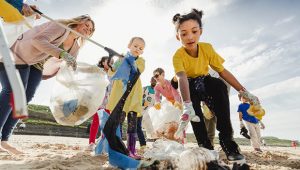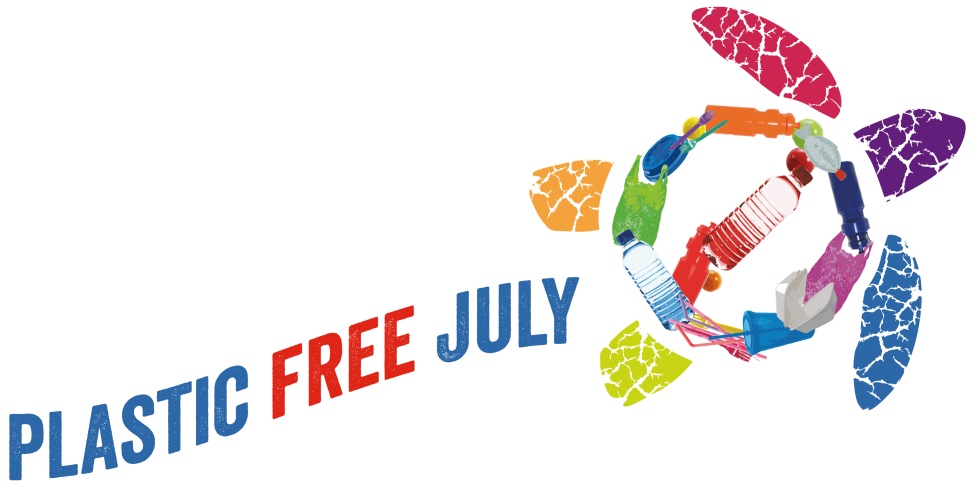“Bringing nature into the classroom can kindle a fascination and passion for the diversity of life on earth and motivate a sense of responsibility to safeguard it”,
Sir David Attenborough.
Ocean Life Education’s Director of Education, Richard Coward, is a firm believer that education is the key to protecting the ocean. So, Richard has spent the past 14 years visiting schools, early learning centres and community events, passionately educating and inspiring young minds to feel a responsibility to protect the our seas.
“Our goal is to educate Australians about how our lives are interconnected with our oceans and to inspire them to feel a responsibility to take action to protect them”, Richard Coward, Director of Education, Ocean Life Education.
A Passion for Protecting the Ocean
Ocean Life Education was set up in 2006 by Director of Education and Marine Biologist, Richard Coward. Richard studied Marine Ecology at Queensland’s Griffith University and commenced his career running Sunshine Coast’s Underwater World education programs and was later promoted to Curator of Fishes.
Richard went on to work on the creation of a new aquarium in South Korea. Whilst diving in the ocean, he was astonished by the complete lack of marine life. This was the first time he had experienced first-hand the devastating consequences of human impact caused by over-fishing. This education inspired him to take action. Richard saw this as a wakeup call and was determined this was not going to be allowed to happen in Australia. Thus, his passion for protecting the ocean was born.
Richard’s career went off down many paths: managing exhibits in aquariums worldwide and working with sharks, seals, penguins, turtles, sea jellies, fish, octopus, and invertebrates, to name a few. He has been involved in research projects and breeding programs as well as whale rescue and his knowledge has frequently been reported on television, including a whole feature on the Totally Wild television show. Throughout all this, promoting conservation has always been at the heart of what he does.
Taking the Ocean into the Classroom
Richard soon realised that educating future generations was the key to them understanding why the ocean is so important to us and inspiring them to take action to protect it. “You protect what you love”, he quotes.
But many children were unable to get to the ocean or even to an aquarium to experience ocean life first-hand, so the idea of taking the ocean to the classroom was hatched and Ocean Life Education was born.
Our Programs & Marine Educators
Since 2006, Ocean Life Education has promoted the protection of our oceans to hundreds and thousands of Australians throughout Queensland and New South Wales. Our aim is to bring the sea to the community or classroom. Marine educators arrive with live marine animals, fascinating artefacts, games and resources and students get a hands-on experience interacting with the animals. They hopefully finish off knowledgeable and inspired to want to protect the ocean and passionate to tell their friends and families why they should do the same.
Our Programs
Early Learning – Ocean Discovery Program https://www.oceanlifeeducation.com.au/programs/early-learning/
Primary – Curriculum based and tailored themes and activities https://www.oceanlifeeducation.com.au/programs/primary-schools/
Holiday Programs (OSHC) – Human Impact, Sharks, Weird & Wonderful https://www.oceanlifeeducation.com.au/programs/holiday-program/
High School – Curriculum based and tailored themes and activities https://www.oceanlifeeducation.com.au/programs/high-school/
Events – live marine displays, beach walks, lectures, workshops (tailored to requirement) https://www.oceanlifeeducation.com.au/programs/events/
Further reading
For more information about what we can all do to protect the ocean, check out our blog:
https://www.oceanlifeeducation.com.au/how-can-i-protect-the-ocean/
Hope to see you soon!


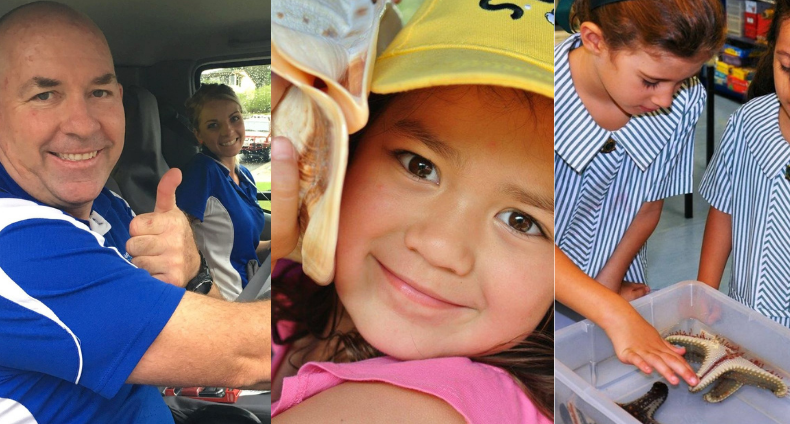
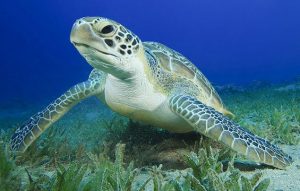
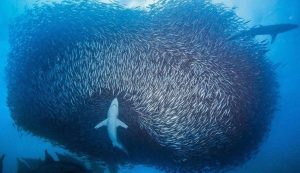 This year’s theme is: Our SEArch – what will you discover? It’s based around the fact that the Ocean is largely unexplored.
This year’s theme is: Our SEArch – what will you discover? It’s based around the fact that the Ocean is largely unexplored. And it is not just marine life that is supported by the ocean, we humans depend on our oceans too! On average, we each consume around 25 kilograms of seafood every year, so we rely on it for our food and for economic benefit and jobs. If that’s not enough, we also rely on the ocean for: oxygen, carbon dioxide absorption, climate regulation, breakdown and removal of waste, marine transportation, medicine, tourism, recreation, and fun. The list goes on!
And it is not just marine life that is supported by the ocean, we humans depend on our oceans too! On average, we each consume around 25 kilograms of seafood every year, so we rely on it for our food and for economic benefit and jobs. If that’s not enough, we also rely on the ocean for: oxygen, carbon dioxide absorption, climate regulation, breakdown and removal of waste, marine transportation, medicine, tourism, recreation, and fun. The list goes on!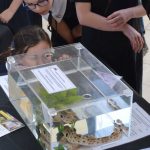 *Decorate your classroom or childcare setting
*Decorate your classroom or childcare setting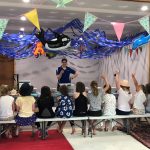 SeaWeek 2022 is hosted by the AAEE (Australian Association for Environmental Education). If you are planning to run a SeaWeek event, competition, or activity, they’d love to promote it! Email: seaweek@aaee.org.au for more information.
SeaWeek 2022 is hosted by the AAEE (Australian Association for Environmental Education). If you are planning to run a SeaWeek event, competition, or activity, they’d love to promote it! Email: seaweek@aaee.org.au for more information.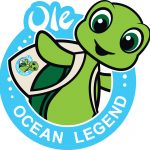 Ocean Life Education is dedicated to promoting the preservation of our marine environment to communities and schools. We spend SeaWeek Australia visiting
Ocean Life Education is dedicated to promoting the preservation of our marine environment to communities and schools. We spend SeaWeek Australia visiting 